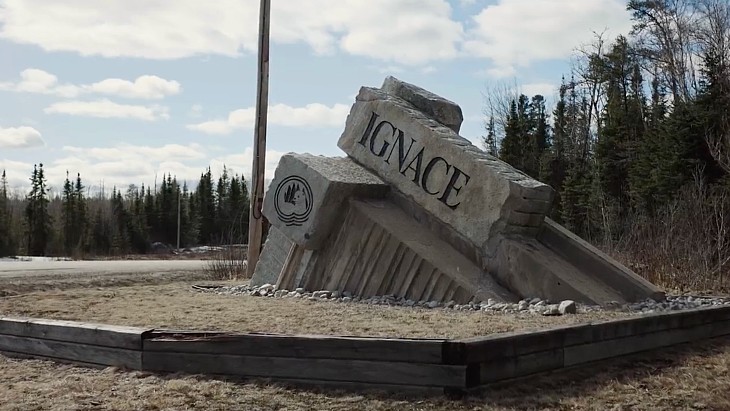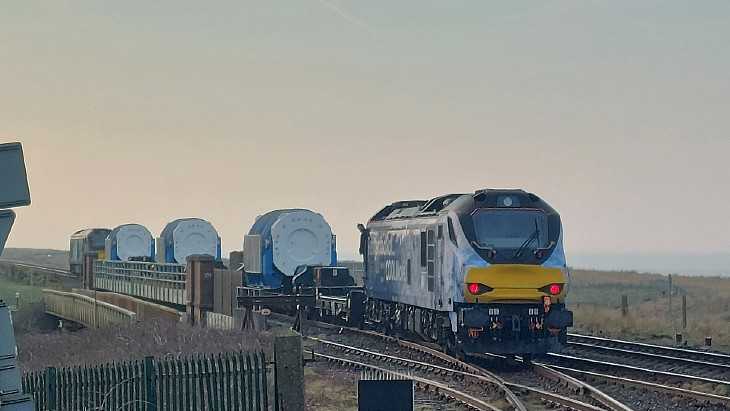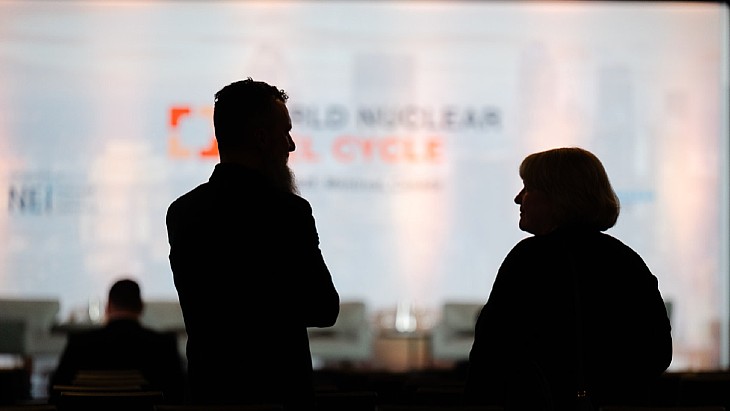Studsvik, GNS collaborate on waste technology
.jpg)
Studsvik's inDRUM technology is a solution for transuranic (TRU) waste streams that have characteristics that do not meet waste disposal criteria. The technology can be used on low, intermediate and high-level radioactive wastes.
inDRUM is a batch thermo-chemical system that treats containerised radioactive wastes by means of in-container thermal treatment to remove the free liquids, destroy organics, and deactivate corrosives and reactive materials from the containers. Treatment is achieved without removing or handling/sorting wastes from the container. In most applications, wastes are treated in the container in which the wastes were originally packaged. The thermally decomposed waste form is an inert, inorganic dry char (ash-like substance), significantly volume reduced (as much as 90%).
The inDRUM process consists of two main treatment systems: an electrically-heated container treatment vessel (CTV), where thermal treatment of drums is performed, followed by an off-gas treatment system that oxidises any volatile organic compounds, carbon monoxide, and traces of hydrogen volatised from the CTV and removes and/or neutralises any acid gases, mercury or iodine present in the off-gas stream.
Studsvik and GNS said their cooperation aims to "further develop, qualify and implement the Studsvik patented inDRUM technology for the German market".
"Studsvik's unique inDRUM technology is the perfect complement to our well-established waste treatment capabilities," said GNS CEO Daniel Oehr. "It will enable us to solve even the challenges of treating problematic waste in a safe, efficient, and sustainable way for our customers."
"Bringing together the GNS capabilities, experience and existing infrastructure in Germany, with the problematic waste thermal treatment technology of Studsvik, we offer solutions to problematic waste for the German market," added Studsvik CEO Camilla Hoflund.
_17992.jpg)
_75800.jpg)








_50521.jpg)

